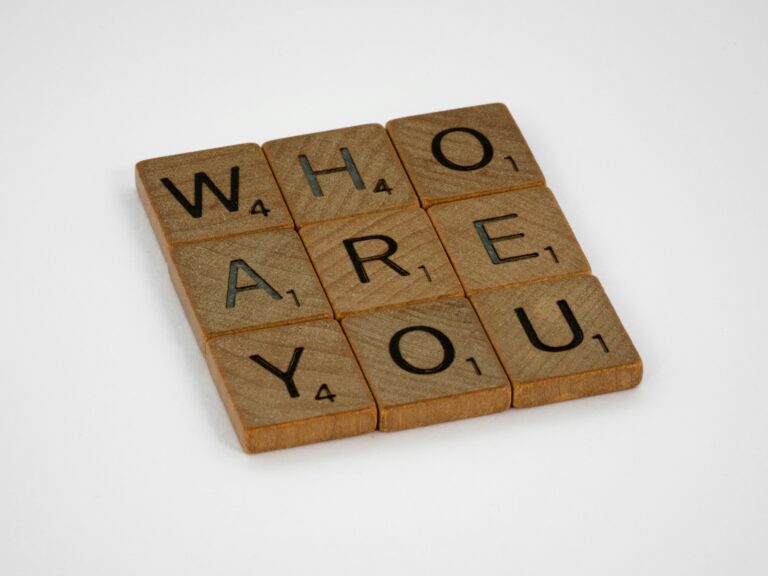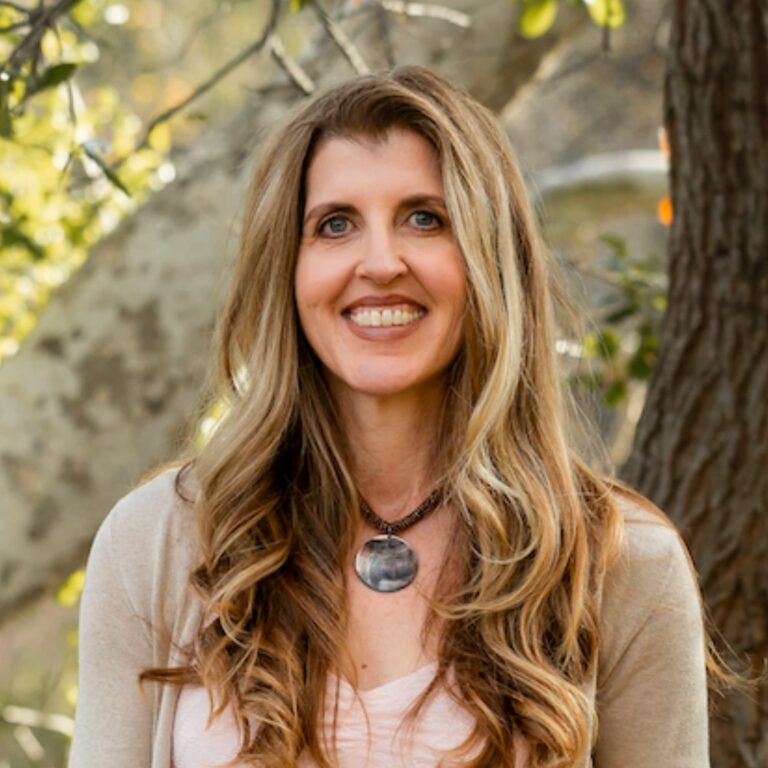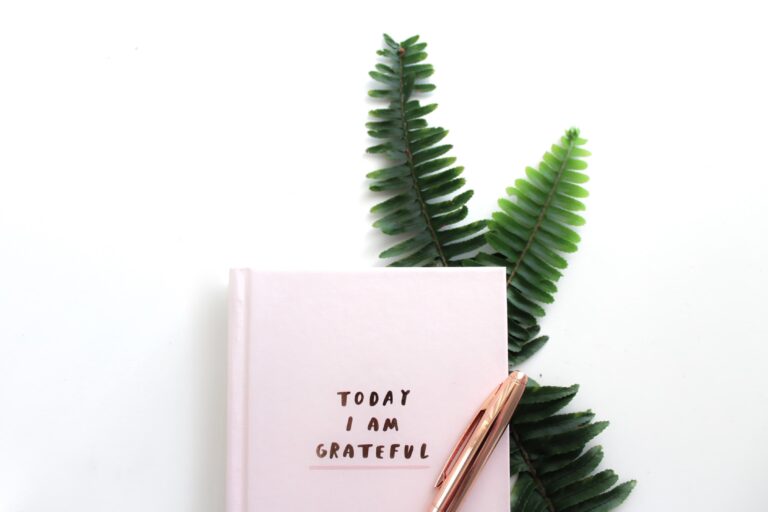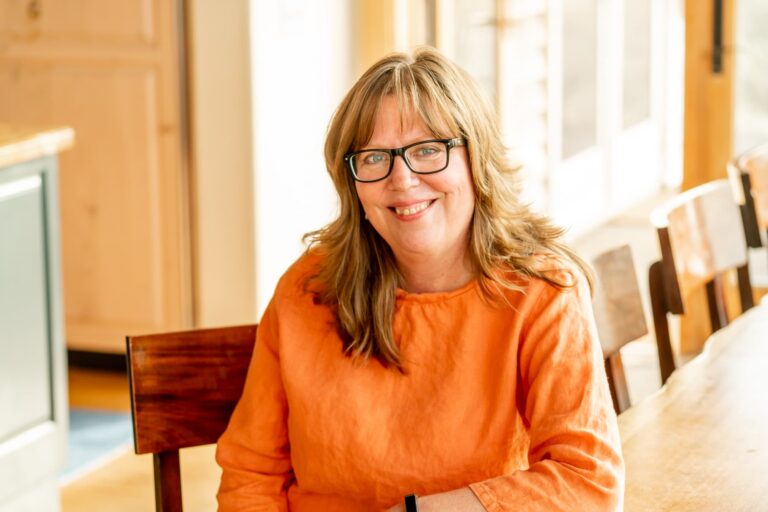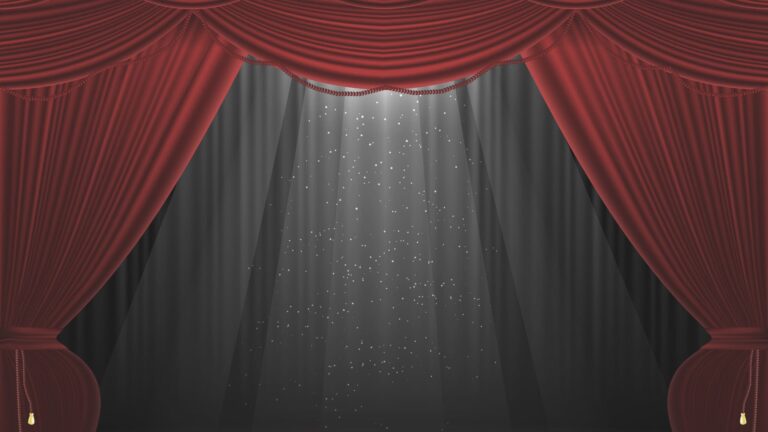Holistic Healing for Widows: Reiki, Acupuncture, and Emotional Freedom Technique
It’s safe to say widows are always on the hunt for ways to feel better both physically and mentally when they’re in the depths of the grief. In this podcast episode, we explore a wide range of alternative and holistic approaches to healing for widows that we uncovered as we learned to navigate our own grief.
In a world where traditional methods like talk therapy and support groups are well-known, we shed light on options such as Reiki, acupuncture, and EFT (emotional freedom technique) tapping. These unconventional paths offer unique opportunities for healing and personal growth, and we encourage you to consider trying something new. What’s essential is that you find what resonates with you and prioritize self-care without judgment or external influence.
Key topics in this episode include:
- What alternative therapies are available
- How these holistic modalities help manage the physical and emotional toll of grief
- Resources to help you incorporate practical self-help tools
The stigma surrounding holistic practices is diminishing, making it easier than ever to embrace these approaches to well-being.
So, let’s don our holistic hats and dive into the world of alternative grief therapies.
Be sure to check out part two of this series where we explore even more unique holistic methods to see what resonates with you.
Listen to the Full Episode
Links + Resources From This Episode
- The Tapping Solution
- Are you searching for emotional support, practical advice, and guidance on navigating widowhood? Join us in the Widow Squad membership
- Follow us on Instagram and subscribe to our YouTube channel
Episode Transcript
Kim: Hi, everyone. It’s Kim Murray here, along with my lovely co-host, Melissa Pierce.
In today’s episode, we’re going to talk about diverse ways to navigate grief. Some of you may choose traditional routes like talk therapy or support groups like the Widow Squad membership community, while others might prefer alternative, creative, or maybe even spiritual options like Reiki, art therapy, or meditation. Maybe you’ve never even heard of some options we’re talking about today. So, we would encourage you to try something new in your healing journey if something you hear interests you. The important thing is for you to do what feels best for you and not let anyone else tell you what they think you should be doing. You never know what kind of connection you’ll have with a new holistic approach.
And the good news is holistic or alternative options for widows dealing with grief are becoming more mainstream and less woo woo. Most people won’t look at you sideways if you say you’re getting acupuncture or a Reiki treatment or that you’re practicing mindful meditation.
So let’s put on our holistic hats and dive into some diverse or alternative grief therapies.
Melissa, I’m curious if you ever tried a healing approach or modality, whatever you want to call it, that you were skeptical about at first, but it turned out to be surprisingly helpful?
Reiki: A Journey of Healing and Energy
Melissa: Yeah. I did a lot of things that I was skeptical about, but I was always very curious because I always wanted to make myself feel better. I stumbled onto one that I really liked, and I ended up becoming a practitioner.
Kim: Do tell.
Melissa: So, if you’ve heard the podcast before, I was getting a semi-regular massage. I just needed somebody to touch me. I wanted that human touch. And I also wanted to get that grief that just accumulated in your body worked out. So, one of the massage therapists I went to, she knew my story. And she said, “hey, do you mind if I try something? I just got my certification in Reiki.” I’m like, “sure.” You know, I guess it’s like all the other things that massage therapists have in their toolbox. I just remember it’s very light. It’s a very light touch. It’s more around, energy healing and moving energy,
Kim: Yeah. I want to go a little more in depth on that. It’s fascinating to me. I don’t understand it. I’ve never done it, so please continue. I’m so fascinated by it.
Melissa: Honestly, you know, I don’t understand. It’s not anything you can see, but all I know is how I felt. I fell asleep. I was so calm and relaxed.
Kim: Was she talking at any point in time?
Melissa: No. She would just move her hands over me, not even touch me and she would move her hands and she could sense energy.
She sensed things that needed to be cleared or balanced. And then she would just lay her hands on that part. You know? It’s not kneading or anything like massage therapy. But whatever was happening, I just became so relaxed. And every time I did it beyond that time, I would fall asleep.
Kim: That’s interesting.
Melissa: It was wonderful because it was so relaxing. I just felt like I was in la la land, you know, after a treatment. I was just curious and fascinated. And so there was a training class in Portland, Oregon, where I live, and I went to it, and I became Reiki Level 2 practitioner. I don’t practice on other people, but I do practice on myself, or my dog. When my dog was ill and dying and he was in pain, I would just lay my hands on him, or I lay my hands on myself if I’m feeling achy or griefy.
Kim: Do you feel anything in your own self? What do you feel?
Melissa: Yeah. That’s the strange thing. I feel it in my hands. I feel a warmth or an energy. And as I’m talking about it now, I’m feeling it in the palm of my hands. I don’t understand it.
I mean, again, it’s not something you can see, but they’ve been doing studies on this. There are volunteers that go into hospitals and practice Reiki with patients. It’s very calming. It’s very relaxing. There’s no anxiety. It removes all that. And then you also have the bonus of human touch, if you’re missing that.
Kim:
Which is key. I’ve never done it. And I think I mispronounced it.
I remember when Mark was sick. He was dying from Glioblastoma, a terminal brain cancer. He had a friend who had sent him an email and said, “I know this Reiki practitioner.” This was 10 years ago. Not really mainstream back then. But she said, “I know this Reiki teacher that might help you with your pain.” Well, he never went to see this person. And I remembered that email thinking, that’s weird. I don’t know what this is. I’m curious what this treatment is.
About a year after he died, I went through his emails, and I found one about Reiki. I tried to get in touch with this woman who sent it to him because then I’m thinking, I want to try this treatment. Because it sounded very interesting to me. Long story short, I could not get a hold of her. So that kind of just left my brain, and I went on about my business and did whatever else I was doing. I have literally never had a Reiki treatment. So, I am putting this in my mind right now. Like, I’m going to find someone in my area to do this because I’ve heard of it so many times over the past 10 years, and I’ve never done it. I really want to try this.
Melissa: It’s amazing. I mean, once you’re attuned through this training and certification, you are attuned for life. So, basically, you’re tapped into the energy of the universe.
Okay. So it’s starting to get woo woo here.
Kim: I love it, though. The more woo woo, the better.
Melissa: I’m just afraid people are gonna be like, okay, Melissa’s crazy.
If I feel uncomfortable in a room or a situation or know that I’m going into a stressful situation, I will Reiki the situation. I will kind of move my hands and bless the situation. Like, I’m just clearing the energy.
It’s so hard to explain, but I will just, like, go in with the intention of this is gonna be a good experience and a little Reiki might help smooth this experience out. So, I will do that if I know that I’m going into stressful situations. I will Reiki the space or the room.
Kim: Well, I like that because it’s just obviously another way to help yourself get through a situation. There are many ways to do that. Whatever speaks to you. Right? Whatever works for you. I’ve never tried it, and I want to try it. I don’t want to be a Reiki practitioner, but I do want to see what happens because I’m fascinated by the energy component of it.
Exploring Ancient Healing Practices: Acupuncture and Energy Healing
Kim: That’s kind of like what acupuncture is too. Right? They’re putting these pins in your body, and there are energy fields in your body.
Melissa: Yeah. I had a similar reaction when I had acupuncture. It was that similar kind of floating, relaxed, almost falling asleep feeling. When I did Reiki, it was like, oh, this is kind of the same thing.
Kim: When you were saying you had that feeling of falling asleep, that’s how I felt when I had acupuncture.
I think many people don’t realize the thing about grieving is how much it physically hurts. Because all the emotions that you are going through can cause hunched shoulders and clenched fists and tightening everywhere. The somatic pain can be pretty intense.
If you’ve heard the theories that you hold pain or grief or trauma in your hips, that’s what I think is my issue because I constantly have pain in my hips. I thought maybe acupuncture could help me with the terrible hip pain that I was having.
Melissa: And did you do that?
Kim: I did. I found somebody who was almost 45 minutes away from where I lived. And I thought, okay, I’m just gonna go see her, and I’m just gonna make it happen and set aside time for myself and do it. Which sounded great in theory, but in reality, the distance was too far. My kids were still in school, and we had a lot going on, you’re solo parenting, driving them everywhere and doing all the things. I was late for my appointment a couple times and I do not like being late.
That’s like one of my big pet peeves. So for me to be late for an appointment is like, I can’t handle this. So I had to stop going to her because she was just too far away. But in one of the first treatments I had with her, I felt energy leaving my body, going out through my toes. It was like an electric shock.
Melissa: Wow. That was really visceral.
Kim: It was. It was like a shock. It didn’t hurt. She turned on some music, and it was very relaxing. I don’t think I fell asleep, but I was like, holy crap…whatever was in there just left through my toes. So I was hooked from the get go, from the first treatment.
I just wanted to talk a little about how acupuncture is an ancient practice. It’s been around for, you know, 1,000 years, right? Acupuncture uses tiny needles that stimulate specific points in the meridian system, which Chinese medicine says harmonizes your energy flow.
The needle placement depends on what you’re going in for. I went in for my hips, so she positioned these needles in a certain way to help me with that. If you were going in for insomnia, they would position the needles in certain places to help you with that. Right?
So it’s not like everybody goes in and gets the needles in the same place for the same treatment. It’s all basically what your needs are when you go in and see the person. The point is to clear any blockages in these energy pathways, so this leads to a more balanced and peaceful state of mind. Who doesn’t want a more balanced and peaceful state of mind?
In my experience, acupuncture can be beneficial for widows because it treats symptoms like anxiety or grief or depression. Or the somatic pain that can come with grief. I think how acupuncture works is that by balancing the energy flow in your body, it can help you improve your mood and your overall well-being. That’s a win-win. Who doesn’t want that?
Melissa: For sure. When you went into your practitioner and said you had hip pain, did you specifically say, I’m grieving? Like, here’s my story.
Kim: Oh, yeah. I lead with I’m a widow no matter where I go. Like, “yeah, hi, I’m a widow, and I’m here for this or that.” So, yeah, she knew. And that’s what I think you should lead with because a lot of times if they don’t know your story, then they’re not going be able to treat the whole person using a holistic approach. People don’t understand grief. Healing practitioners don’t all understand grief. So, the more you’re honest about that and upfront from the beginning, the more you can get something developed personally for you.
Melissa: Yeah. Did you tell other people, like, “hey, I’m gonna go do acupuncture,” or were you just like, no. I’m gonna keep this to myself.
Kim: I kind of kept it to myself because here’s what I used to do to myself. I don’t do this anymore, but I used to be that person who had to justify why I was doing this or why I was spending the money on this thing, right? Like, we talked about that before with massages and other self-care techniques. And I was always like, it’s too extravagant. Or I feel selfish. You know, all the things that we tell ourselves all the time. Stupid. I know. But I used to do that.
And acupuncture isn’t cheap. At the time, I thought I can’t justify this cost. This is too extravagant. I was constantly justifying and rationalizing spending money. I’ve sold a lot of things on Craigslist and Facebook Marketplace, so I would find stuff I wasn’t using that I could sell to justify paying for the service. This was back when I was justifying and rationalizing everything. I’d be like, well, if you can sell something, then you can schedule this acupuncture appointment. I don’t do that anymore. I don’t justify or rationalize anymore. If I need a service or a treatment, I go get it because now I know.
Melissa: Prioritize your self-care. You prioritize that.
Kim: Yes. Now I can prioritize my self-care. So, to answer your question, back then, it wasn’t like I shouted from the rooftops, “I’m getting acupuncture today!”
Melissa: Okay. But that’s a great idea. If you’re strapped for cash or your budget’s a little tight, that is a great way to afford something like this. I think insurance companies are now recognizing acupuncture as an outlet for pain. So maybe check with your insurance company.
Kim: Even if insurance doesn’t cover it, we’ve talked about health savings accounts before. So even if your insurance doesn’t cover it, it’s still possible that you could be able to pay for that out of your health savings account if you had one or a flexible spending account from your employer.
But find whatever you have to find to make it happen. Walk a dog, babysit a kid, sell some stuff out of your basement, stop going to Starbucks for five days. I always joke about this. I don’t like Starbucks coffee. I don’t. I might be the only person on the planet that doesn’t. So I’m not spending $5 a day on lattes. But if you do and you want to afford acupuncture, then you just forgo a few of those other things that you’re doing and prioritize it.
So here we’re talking about Reiki and acupuncture, and another one I know that both of us have used in the past is EFT tapping or the emotional freedom technique. I’m pretty sure we’ve talked about this before, but if you hadn’t listened to one of those episodes, the EFT technique is an emotional pain management tool that helps you learn how your body processes energy and where in your body the energy may be trapped.
EFT Tapping: Self-Healing for Widows
Kim: If you don’t want to go to an acupuncturist, you don’t even like the idea of needles, you could do EFT tapping, which is using your own fingertips to gently tap on specific acupressure meridians in your body while focusing on the pain. EFT is what you do to yourself, right? There are different meridians that you’re tapping on. You’d have to look up and see there’s a specific way to go around your body and tap on specific points. But this works by just tapping those meridians, and that helps to release that blocked energy. You can address your own pain points, and you can restore your body’s energy and bring it back into balance through EFT. I have the tapping app, the tapping meditation app.
Do you have the same one or Melissa?
Melissa: Is it the tapping solution?
Kim: The Tapping Solution. Yes. That’s a pretty popular one. So if you were looking on the Apple Store or the Google or Google Play store, it’s called The Tapping Solution. And there are lots of lots of articles out there on it too. But I found help in doing EFT tapping because in my mind I am a ruminator.
My god. I can go on for hours. I mean, sometimes days ruminating about the same thing repeatedly. So when you’re doing the EFT tapping, you’re taking yourself out of your brain and just focusing on specific acupressure meridians and releasing those blocks. In order to release the blocks, the problem that you’re feeling, whatever it is you want to tap on, you would choose something that you were having an issue with, and you would say that in your mind, and you would tap on those points talking about that thing. When you release the blockages, that problem feeling is released, and then that’s able to move through your body. It releases. It moves through you.
Melissa: Yeah. It’s a good one. The Tapping Solution focuses if there’s a certain problem, like I’m sad or I’m procrastinating, or I am stressed. And there are scripts that will take you through, the process. You repeat after them, and then you tap on a certain point, either the top of the head, over the eye, in a certain sequence, and so it runs you through that. The sessions are usually around 15 minutes or so. There’s a sense of relief. You’re like, oh, I just did something for myself, and I’ve just kind of lowered my stress level. In the it has you rate your stress level at the beginning, and then you rate your level at the end.
Usually every time I do it, my stress level goes down a couple notches.
Kim: Oh, absolutely. I agree 100%. And like you said, you’re not trying to figure it out on your own. They tell you where to tap. They tell you when to move on. They tell you what to say. It’s all scripted.
When you’re doing that, like you said, it lets your brain know that you’re safe. It’s sending a signal to your brain I’m safe, and it’s okay to relax. It sends that soothing signal to your brain.
Melissa: We actually brought in a certified EFT practitioner into one of our weekly Widow Squad meetings, and she ran us through a script specific to grief and widowhood. You can also work 1:1 with a practitioner if you’re like, okay, I got something really deep I need to deal with, and I need some extra help. And that was one of our most commented on and rewatched videos because it was specific to widowhood. She explained everything that she was doing, so it made sense. It’s not just like, oh, tap on under my nose and tap on my face.
It’s like, here’s why you’re doing it in this sequence. I thought that was really, really powerful.
Wrap Up
Melissa: As we talked about the diverse ways of navigating grief, we’ve realized this topic deserves more time and depth than we can give it in just one episode. So we’re gonna take a pause here and pick up this important conversation next week.
We appreciate your understanding and invite you to join us as we continue exploring these healing paths together.
In the meantime, we’d love to hear your thoughts and experiences on this journey of healing. And you can reach out to us on our website, www.widowsquad.com and on our social media.
Your insights are invaluable to our community.
We hope that this episode of the Widow Squad Podcast has left you feeling supported, encouraged, and empowered. Remember, you’re not alone, and there is a community of widows ready to welcome you into the Widow Squad membership.
If you enjoyed this episode, don’t forget to subscribe, rate, and review us on your favorite podcast platform.
Thanks for tuning in.
Until next time, take care of yourself.


